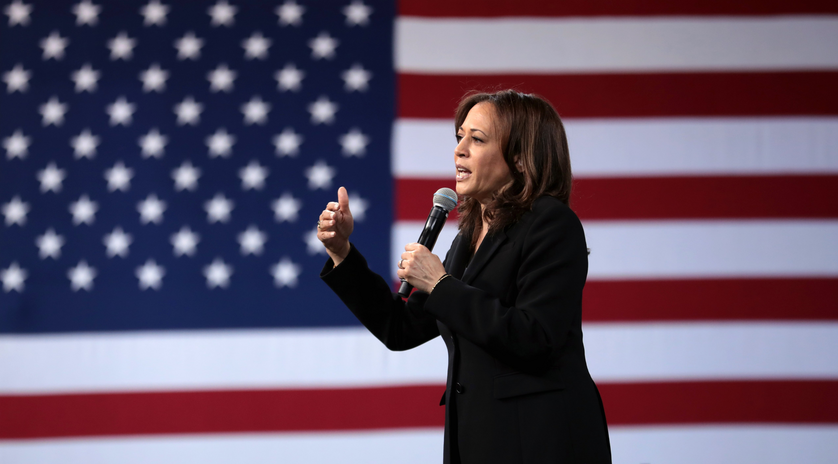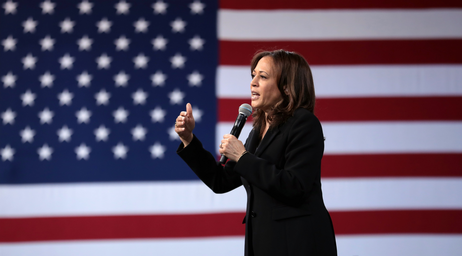This past week, Joe Biden announced Kamala Harris as his running mate in the 2020 race to the White House. For many college students, this November will mark the first time voting in a presidential election. If you’re anything like me, the democratic process can feel overwhelming at times, with so much to learn before casting your vote. Here’s a brief rundown on Kamala Harris and her path to the VP pick.
Harris’ background
Harris was born and raised in Oakland, California. She moved to Washington, D.C. to pursue her undergraduate degree in political science and economics at Howard University. Like many college students, she got her foot in the door through an internship in California Senator Alan Cranston’s mailroom. After earning her undergraduate degree, Harris returned to the Bay Area and attended the University of California Hastings College of Law.
After passing the bar exam, Harris began her career as the Alameda County Deputy district attorney. Moving up the ranks, she later became the district attorney of San Francisco in 2003. After seven years in that role, she was elected California’s attorney general in 2010.
Harris returned to Washington to represent California in the U.S. Senate in January of 2017. She serves on multiple committees, including the Select Committee on Intelligence, the Homeland Security and Governmental Affairs Committee, the Committee on the Judiciary, and the Committee on the Budget.
January 21, 2019, on Martin Luther King Jr. Day, Harris announced her run for the Democratic presidential nomination. She campaigned and participated in debates before ultimately suspending her campaign on December 3. According to the LA Times, Harris cited insufficient funds as the reason behind the decision, but she failed to maintain support in the polls.
Biden & Harris’ relationship
Biden’s pick came as a surprise for some after his heated exchange with Harris during a June democratic debate over busing. Busing was established after the Brown v. Board of Education ruling of 1954 that ended legal racial segregation in schools. The ruling alone wasn’t sufficient in ending school segregation because neighborhoods remained racially segregated, contributing to segregated school districts. According to NPR, Busing is the act of transporting Black students to majority-white institutions to desegregate the institutions.
Harris said that she was part of the second class of integrated schools back in Berkeley, California, and accused Biden of opposing busing.
In a June interview with Stephen Colbert, when asked about her debate with Biden, Harris said she’s known Biden for a long time and although they have disagreements, they don’t overshadow the commonalities between them.
“It was called a debate, everyone traveled to the debate, there were journalists there covering the debate where there would be a debate of differences of opinions and issues,” Harris said. “I am 1000% supportive of Joe Biden and I will, again, do everything I can to make sure he’s elected.”
As the attorney general of California, Harris worked with Biden’s son, Beau, who was the Attorney General of Delaware at the time. In his tweet announcing Harris as his running mate, Biden mentioned pride in the work Harris and his son had accomplished.
Back when Kamala was Attorney General, she worked closely with Beau. I watched as they took on the big banks, lifted up working people, and protected women and kids from abuse. I was proud then, and I’m proud now to have her as my partner in this campaign.
— Joe Biden (@JoeBiden) August 11, 2020
Now the first Black woman as a vice presidential candidate on a major party ticket, Harris’s career has been a series of firsts. She was the first female district attorney of San Francisco, the first Black woman elected California’s attorney general and the first Indian woman to hold a state attorney general position across the country, according to SFGate.
To learn more about Kamala Harris, visit her voting record.


